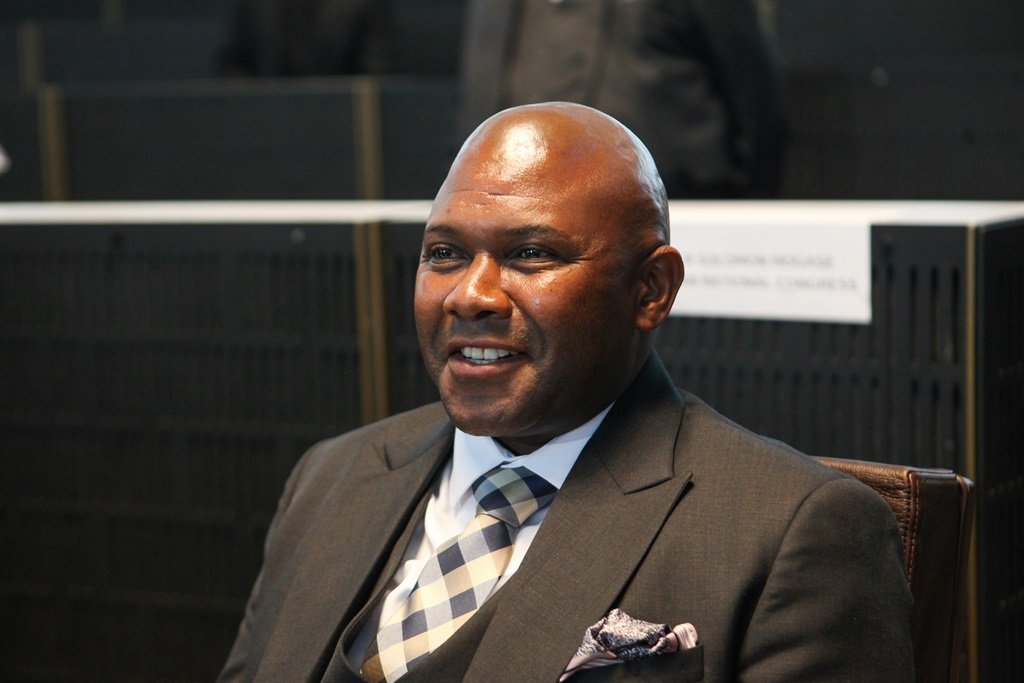The new Mayor Jolidee Matongo and other executive members.
Jolidee Matongo was elected unopposed as new executive mayor of the City of Johannesburg, the metro announced on Tuesday.
City of Joburg Speaker Nonceba Molwele has dismissed remarks that the metro’s new mayor Jolidee Matongo is a foreign national.
During his acceptance speech as a nominee at the special council meeting, Matongo declared that he was the son of a migrant from Zimbabwe.
However, Molwele later cleared the air around Matongo’s citizenship.
“It is important because there’s a perception that the executive mayor is not a citizen.
“I want to put it into perspective that the executive mayor was born and brought up in the country – in Soweto, to be precise.
“He has been indifferent structures that fought for the liberation of the citizens and the people of South Africa. He is not a migrant.
“He is born of a migrant. His dad was a legal migrant,” Molwele added.
Matongo added that his late father’s remains were buried at Avalon Cemetery in Soweto.
In response to Matongo’s nationality, opposition parties in the council had gone as far as approaching Co-operative Governance and Traditional Affairs MEC Lebogang Maile to ask him to force the council to choose a new mayor.
In Other News – DA warns of Constitutional crisis if local Elections are deferred
The Democratic Alliance (DA) is warning of a constitutional crisis if the Constitutional Court agrees to defer the local government elections from October to February next year.
The country’s biggest opposition party said it was going to court to oppose the Independent Electoral Commission’s (IEC) bid to get the municipal polls postponed.
The IEC said conditions under the coronavirus pandemic did not allow for free and fair elections. But the DA said there were no reasons either health or logistical that made a postponement necessary. learn more

